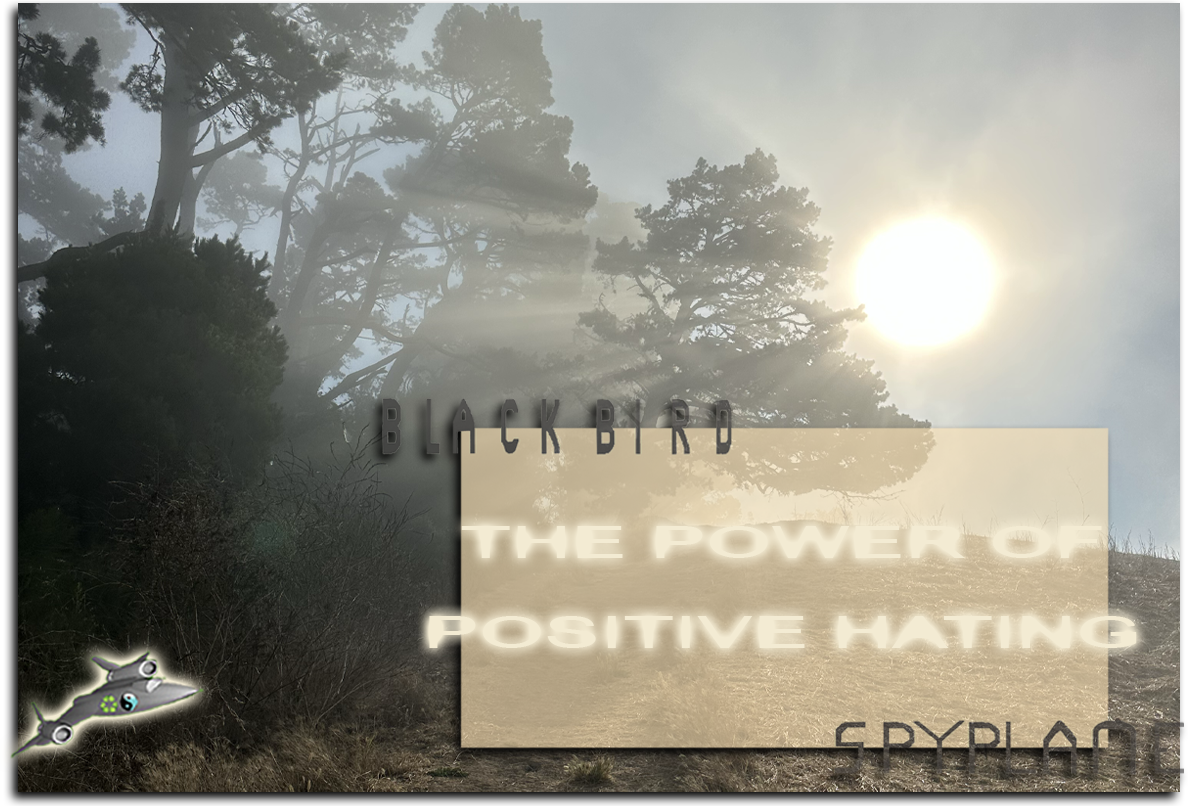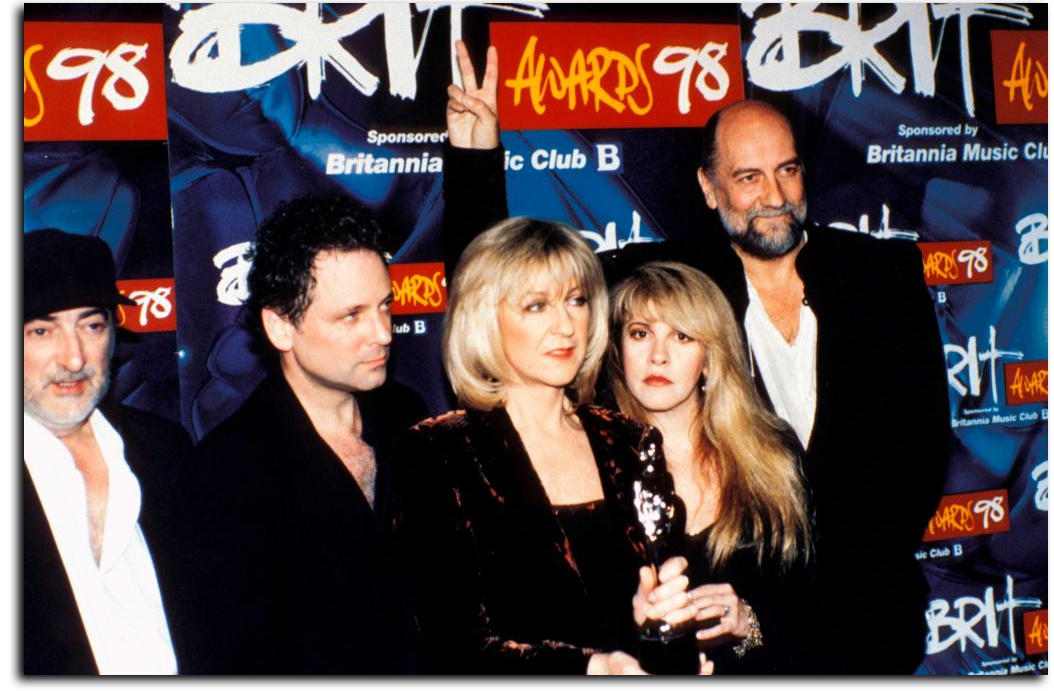The power of positive hating
When is negativity good for creativity?
Our interviews with Nathan Fielder, Brendan from Turnstile, Adam Sandler, MJ Lenderman, Steven Yeun, Mac DeMarco, Bon Iver, Seth Rogen, Kim Gordon, André 3000, 100 gecs, Matty Matheson, Laraaji, Eckhaus Latta, Tyler, The Creator, John C. Reilly, Maya Hawke, Camiel Fortgens, Rashida Jones, Father John Misty, Kate Berlant, Clairo, Conner O’Malley and more are here.
Mach 3+ city intel for traveling the entire planet is here. The threads for Santa Fe and Cape Town were just blessed with fresh intel.
Check out rugs, cushions, lamps, ceramics and more in our Home Goods Index.
I (Jonah) heard a fascinating story not too long ago about a famous band and a secret falling out between its members, which explains why they haven’t put out an album or played a show together in years. I’m sharing it today with identifying details removed, because Blackbird Spyplane celebrates collaboration, creative excellence, and kindvibes — and this is a story, at its heart, about the breakdown of all three.
This band formed when its members were young, and over the years they made a lot of Canonically Recognized Great Music. But apparently there was a dynamic where everyone in the band except a member we’ll call X liked to talk s--t about X behind X’s back. As I understand it, they complained amongst themselves about X’s playing, traded gripes/in-jokes to the effect that X was not on their level musically, had no sauce, was wack (I’m paraphrasing), etc.
I don’t know whether this dynamic was present in some form from the start or developed over time. But within the last several years, X found out about the s--t talking, and X’s reaction went something along the lines of, “Damn, I thought we were gang, but it turns out you’re a--holes,” and/ or “you broke my heart,” and/or “go kick sand, bitches, I’m outta here.”
And here’s the twist: With X no longer in the mix, the rest of the band were no longer able to make music together. When they tried, things were simply not clicking.
X seems to have served as an unlikely kind of organizing principle for the band’s creative flow: a sink for the other members’ negativity, a convenient punching bag they could hammer on to boost their own self-esteem. Without X they had no single place to direct that negative energy anymore, and they began turning it on each other — not a nurturing environment for cooking up new slappers.
How true is this story? The account I heard was thirdhand, so some of the particulars might be off, and it’s possible the whole thing has been distorted. But the reason it’s stayed with me — besides the fact that it’s about successful musicians being mean as hell — is that it illuminates the surprisingly knotty relationship of negativity to creativity, and the strange, contorted forms that successful collaborations can take.
The members of any collaborative group have strengths and weaknesses. That’s baked into our basic understanding of a team. If one person’s weaknesses overwhelmingly outweigh their strengths, and the rest of the team comes to see them as a burden, then the difficult but ultimately menschly move is to try and build up that member’s strengths a la C.O.A.C.H.E.S. Mindset. Failing that, try to find as menschly a way as possible to remove them from the roster.
Maybe the member’s true strength-to-weakness ratio is harder to define, though. Even if it isn’t, maybe the nature of the group makes outright removal tough, verging on impossible, e.g., we’re talking about a literal family, or a famous band whose audience has come to see them as a proxy family, or a highly profitable business where everyone involved has extremely tight contracts and extremely high-paid lawyers. And so on. The difficult but ultimately menschly move in that case might be for the group to find a way to deal with it — for the team, basically, to take one for the team.
That brings us to a thorny question at the center of this story: Does “talking s--t about a putative weak link behind their back” count as “dealing with it?” I wanna flatly say, “No, that’s middle-school tendencies.” But it’s a question worth chewing on. Because even though Blackbird Spyplane is famously mad chill and positive, we do gotta admit that there are instances where negativity has its merits.
We’ve written, for one thing, about how you can turn negative, self-directed inner voices — more familiarly known as your own doubts — into collaborators.
Similarly, defining yourself in opposition to something external can be a great way to motivate yourself and make good work. That feeling of opposition doesn’t need to be an all-consuming trait — that would probably not be healthy for you, nor good in any long-term way for your work, nor compelling in any sustained way to an audience. But in the right measure it can lend a kind of form and structure to your creative practice, helping you to identify moral and aesthetic values you find meaningful and then make choices accordingly.
I know a version of this firsthand. You do, too, because we all encounter work from other people in our fields that we actively do not like. Thinking systematically about the reasons why we don’t like it, and how to avoid doing those things ourselves, can be enormously useful. As a magazine feature writer, I find that stories by [very popular journalist redacted] tend to be maudlin, self-indulgent, unfunny and unilluminating about their subjects. In my own stories, albeit mostly unconsciously, I try to avoid approaching my subjects the way this writer does.
What’s more, it’s helped my sanity to talk with other writers, whose work I do admire, who feel the same way about this other writer’s pieces. I think this kind of s--t talking constitutes a version of “shop talk,” i.e., it’s oriented primarily around issues of craft and the affirmation of a Strong P.O.V. about what constitutes good work.
And I think that’s fine and healthy, as long as it doesn’t tip over into Straight Hating, where it’s oriented primarily around matters of professional success and ego. This is why creative fields benefit not only from artists with Strong P.O.V.s but also from good critics, whose criticism, rooted in a love of the form, helps to push the form forward.
Drawing a clear line between Straight Hating and Having a Strong P.O.V. can be hard, but there is a difference. Acting like a Straight Hater is, at bottom, insecure loser behavior that keeps you mired in one unhappy place. Your wheels spray mud everywhere, including all over yourself, as they spin out with zero forward momentum.

Whereas working to delineate, defend and adhere to the standards of a Strong P.O.V. is admirable and chadded — and when you apply these standards to creativity, the rubber grips the road, and the result is a productive, palpable sense of motion.
But the story of the famous band complicates this. Because it’s about negativity aimed simultaneously inward and outward, productively and haterishly.
On one level, this isn’t all that rare. Bands fight, part ways with members, reconfigure themselves, and/or break up all the time. Ditto other collaborators across all kinds of artistic endeavors, which we know from every press release ever about someone leaving a project because of “creative differences.”
What’s remarkable about this story, though, is that a precise arrangement of intra-band meanness seems to have had a constitutive and positive effect on the band’s music.
Things had to come to a head. As with Fleetwood Mac — the classic example of productive band-infighting — the situation was clearly not sustainable. But for a shockingly long time, and with shockingly good results, it worked.
I’ve heard of other situations where a group of successful and competitive creative people bolster their own self-regard, and fuel their own hustle, by picking out a target/scapegoat from within their own ranks and blaming them for real or imagined shortcomings: “We are killing it, but wow, we would be so much doper if X didn’t suck so hard,” or, “We kind of bricked that project, but damn, we would have killed it if X didn’t suck so hard,” etc.
The thing is, if your scapegoat is removed from the equation, then you either need to find another scapegoat and blame them for everything you find wanting in your work, or you need to tackle the much tougher task of taking a long hard look at your own weaknesses.
I do wonder if X contributed something ineffably harmonious to the band, less on the level of musical contribution, perhaps, but more on the level of vibes, and when that element was removed, the whole enterprise faltered.
Blackbird Spyplane is a sletter about sauce semiotics and the broader mysteries of life, love and artmaking — not Team Building & Project Management. So I’m not gonna try and tie this all up in a bow with some inane lesson about creative strategy or something.
Collaboration is messy. People s--tting on other people behind their backs sucks, except when it doesn’t. In an ideal scenario, collaborators keep it a Hundo P, treat each other with respect, and work through their issues like enlightened kings. Hell is other people, but Heaven is other people, too, and — in the final analysis — being good to each other matters more than most things we spend our time fixating on.
In this story, though, a kind of covert cruelty seems to have been a ticking time bomb at the band’s core. And yet I’m left wondering, was it their secret weapon, too?
Enjoy our new Ultimate Spyplane Guides to Tokyo, Kyoto, and Osaka, Naoshima, Teshima & more.
Our new guide to How To Pack for a Trip Swaggily is here.
The B.L.I.S.S. List — a handy rundown of Beautiful Life-Improving Spyplane Staples, from natural deodorant to socks and underwear — is here.







In college I was the captain of the soccer team and was always needing to mediate team drama. There was this one girl who desperately wanted to be a big dawg on the team -- popular, a starter, in the middle of the huddle etc -- but for a variety of reasons relating to her skill level on the field, general vibe, and let's be honest, her neediness -- she found herself on the outskirts and the recipient of some cattiness. I felt like it was my job as captain to solve this social problem but I couldn't figure out how, so I brought it up to my coach. And anyway long story short, my coach said: a team is like a body. Some people are the legs, someone is the brain, someone is the heart....and someone's got to be the asshole. The asshole is *necessary*. A body *dies* without the asshole. And so it would behoove all of us to 1. be grateful to the asshole for doing their job and keeping the body functional, and 2. Be kind to the asshole. Because there usually comes a day when it's our turn to be the asshole.
When will you be starting the BBSP vertical on Team Building & Project Management?